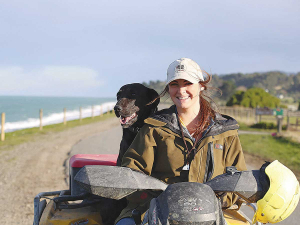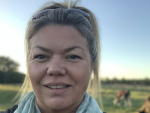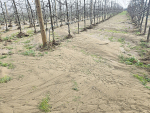The Rural Change programme, providing free private mental health professional sessions to the rural industry, is set to continue its next chapter within Rural Support Trust from 1 July 2024.
Rural Change’s wellbeing programme has funded farmers and the wider rural community into over 529 sessions to jump the public mental health queue over the past five years.
Founder Elle Perriam says that when Will to Live was founded in 2019, the original mission was to change the stigma surrounding mental health in the rural sector.
“It grew into a charitable trust from so many donations we received and we passed those on to those in need in the form of funded counselling,” Perriam says.
She says that working part time as the facilitator for Rural Change alongside one administrator has been a great endeavour but it’s time for her to sign off after dedicating five years.
“It was a very hard decision to make,” Perriam says. “However, I now need the extra energy and time to focus on my studies and future career endeavours. I feel the industry is in wonderful hands with Rural Support Trust, Farmstrong and other incredible services.”
More than 473 people have applied for funding since Will to Live Charitable Trust launched Rural Change with a further 98 people completing the Anxiety Unloaded programme.
Funded sessions to the 60 people currently on the programme are open for them to use until 15th May 2024 and health professional invoices in by 1 June to be paid by 30th June.
From July onwards the nationwide network of resources and funds remaining within the Will to Live Charitable Trust will be transferred to Rural Support Trust National body to continue supporting farmers and growers.
“To every farmer who has participated in the Rural Wellbeing Program, I congratulate you and thank you for taking up the opportunity to do the hard mahi to enhance your own growth, health and happiness,” Perriam says.
“Consequently, it will have a positive flow on effect in both your lives and the ones around you,” she adds.











